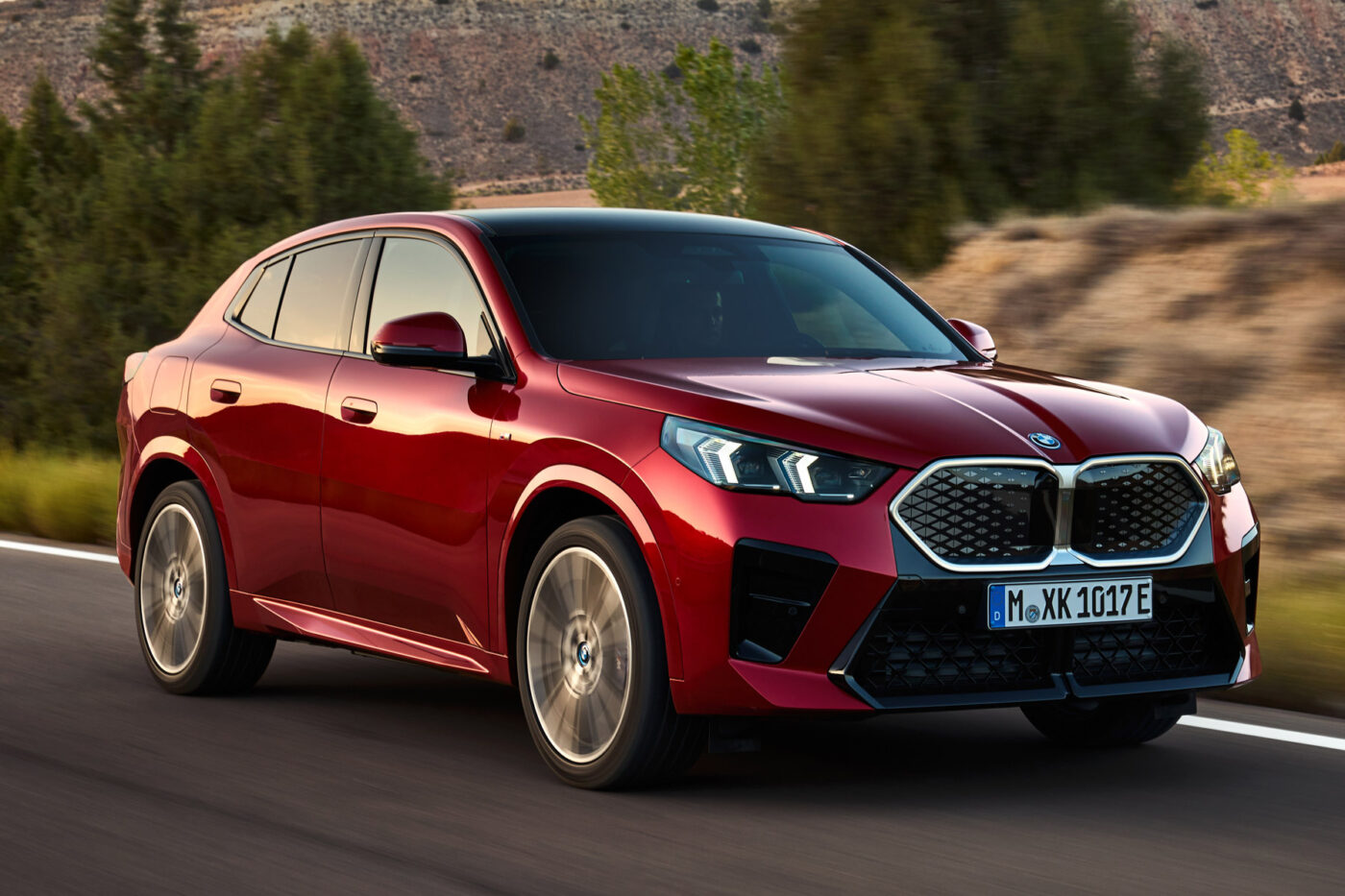BMW has delivered its one-millionth electric car
Among those 82,700 BEVs was also the anniversary model – BMW does not specify in the press release which series it is or exactly how many electric cars the Munich-based company has now delivered. BMW delivered the first i3 in November 2013 and it took until the end of October 2017 before the 100,000th electric BMW was built.
Back to the present: With 82,700 electric cars in the first quarter of 2024, BMW achieved BEV growth of over 27.9 per cent compared to the same period last year. In Q1 2023, there were significantly fewer vehicles with 64,647 electric BMWs. BMW also confirms the new momentum in the latest press release: there is talk of “significant BEV growth” and the “increase in sales of all-electric vehicles extends across all major regions of the world”. The big but: BMW will not be able to match the figures from the third or fourth quarter of 2023 at the start of 2024.
Across all drive types and brands, the BMW Group delivered 594,671 vehicles in the first quarter, which is only a small increase of 1.1 per cent. The share of electric vehicles was therefore 13.9 per cent, compared to 11 per cent in the same period last year.
The BMW brand recorded 531,039 deliveries in Q1 (+2.5 per cent), 78,691 of which were battery-electric vehicles (+40.6 per cent). With its broad BEV range, the BMW brand was therefore able to grow more strongly than Mini and Rolls-Royce within the Group. The company’s core brand therefore has an electric share of 14.8 per cent.
According to the Munich-based company, demand is de facto high across all-electric model series: “Among the brand’s fully-electric vehicles, the BMW i4, BMW iX3, BMW iX1, BMW iX and BMW i7 were particularly in demand. The BMW Group is also receiving positive customer feedback on the new BMW iX2, which was released onto the market in March. The newly introduced BMW 5 Series, with four drive train variants, including the fully-electric BMW i5, are proving especially popular,” the press release states. BMW does not generally specify the distribution across the individual model series.
BMW has been sparing statements on plug-in hybrids in its sales figures for some time now. However, PHEV sales are shown in a table and amounted to 39,916 vehicles in Q1 2024 – a year ago there were 45,839 PHEVs, so sales are declining here. In total, the BMW Group had 122,616 electrified vehicles at the start of 2024 – BMW excludes mild hybrids from the “electrified” vehicles and only includes BEVs and PHEVs.
The Group does not provide separate electric figures for Mini and Rolls-Royce. Mini, at least, is currently in a state of upheaval, as the new generation of the Countryman (fully electric for the first time) is currently being launched and the new Cooper generation, including an electric version, will also be introduced in the coming months. The Mini Aceman is also set to celebrate its world premiere in April.
“The BMW Group is continuing on its BEV growth path. With the delivery of its one-millionth fully-electric vehicle since the market launch of the BMW i3, we have reached an important milestone that confirms the attractiveness of our product portfolio,” says Jochen Goller, Member of the Board of Management of BMW AG responsible for Sales. “By providing a choice of drive train technologies and thanks to our high level of flexibility, the BMW Group is well-positioned to meet changing customer requirements. This strategy is now proving particularly effective in a dynamic market environment.”





0 Comments